Home
August 25, 2020 2023-11-06 19:52Home
 Find out more
Find out more
 Click Here
Click Here




 Click Here
Click Here
2023 Parliament of the World's Religions:



Short Movies to Enhance Understanding of Islam

on Islamic Studies
within the Western Academia


to Deepen Participants’
Islamic Knowledge

False Islamic Images
Promoted by the Western Media

as a Religious & Cultural NGO
Discover the latest research on Islam and the West
Enhance your understanding of Islam through media
Expand your Islamic knowledge through online courses
Explore the most recent news about Muslims in the West
What's Up?
Latest News
Documentaries, Video Clips, Talk Shows, Lectures, ...
Sultan of Khorasan
Articles, Books, Journals, Pamphlets, Reports, ...
Podcasts, Lectures, Audio Books, ...
Events
Postdoc “Oberassistenz” in Islamic Studies
Islam & the West Newsletter
Weekly e-Newsletter about Islam and the West containing news, recent publications, events, etc. published by IRIC.

Courses
Successful negotiation: Master your negotiation skills
Negotiation is a skill worthwhile – by applying a few …
$60,00
Successful negotiation: Master your negotiation skills
What you'll learn
Mastery of time management: Do more, have less stress
If you are a person who has a lot of …
Mastery of time management: Do more, have less stress
What you'll learn
Complete guide
From startup to deployment, this course covers everything! Everything about …
Complete guide
What you'll learn
Consulting approach to problem solving
Do you feel that you already know all the possible …
Consulting approach to problem solving
What you'll learn
Business Intelligence Analyst 2020 course
Our program is different from other materials available online. It …
Business Intelligence Analyst 2020 course
What you'll learn
Become a product manager | Learn skills and get a job
Demand for product management is growing at an insane rate. …
Become a product manager | Learn skills and get a job
What you'll learn
Help us
Find the right courses for you
People talk about Adumal.
One-step solution for any e-learning center, online courses. People like Ajmal because they can easily create their sites here.
excellent quality!
Oliver Badoz
/ Designer, ManchesterCode quality
Pondor model
Reporter, San DiegoCustomer support
mina houlas
/ Reporter, Londonexcellent quality!
Louvik Double
/ Designer, ManchesterBecome a coach
Top educators from around the world teach millions of students in Ajomal.

Change access to training
Create an account to receive our newsletter, course recommendations and promotions.

Who will you learn with?
You can list your instructors' partners or brands here to show your site's credibility and students can trust you more.


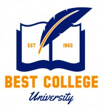










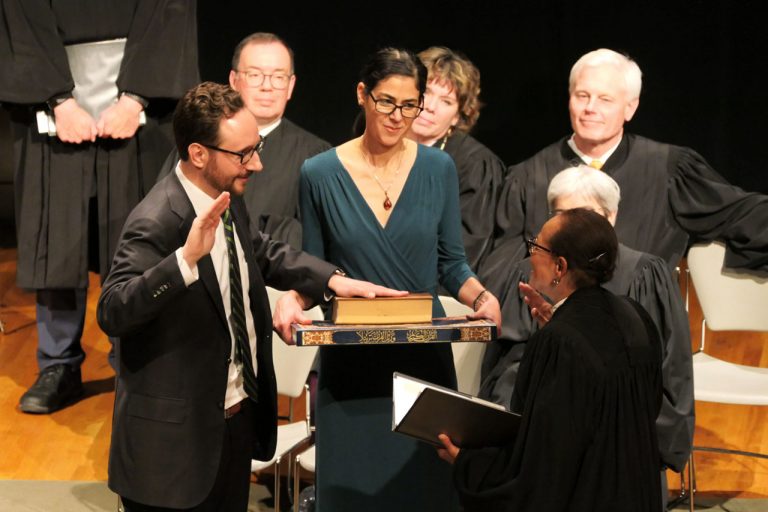

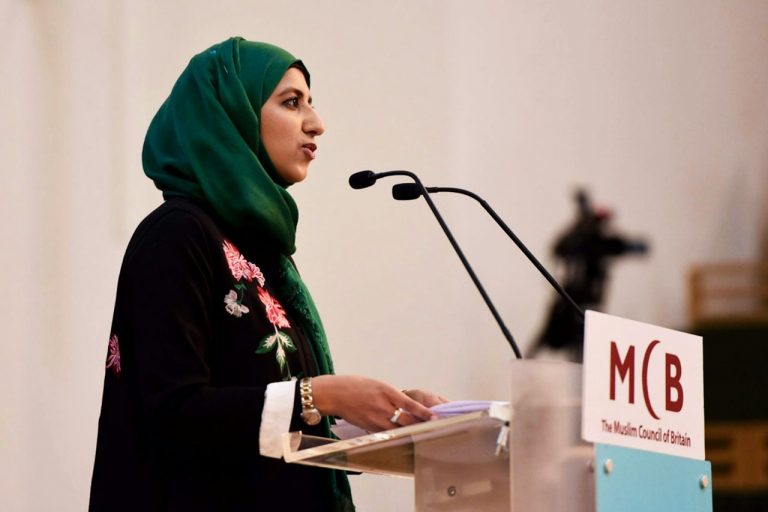
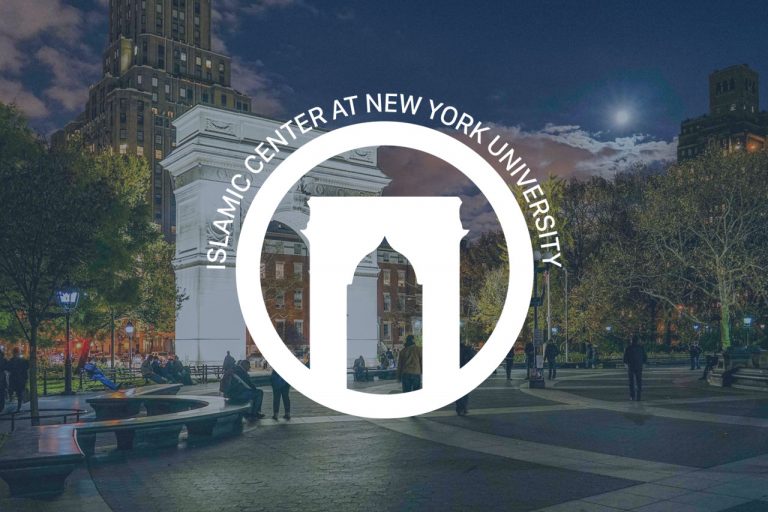
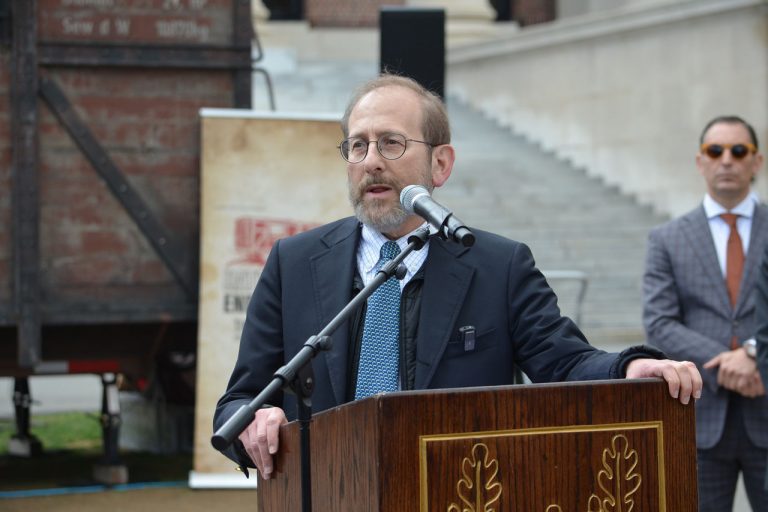
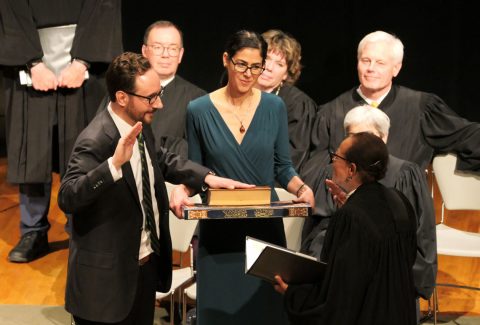

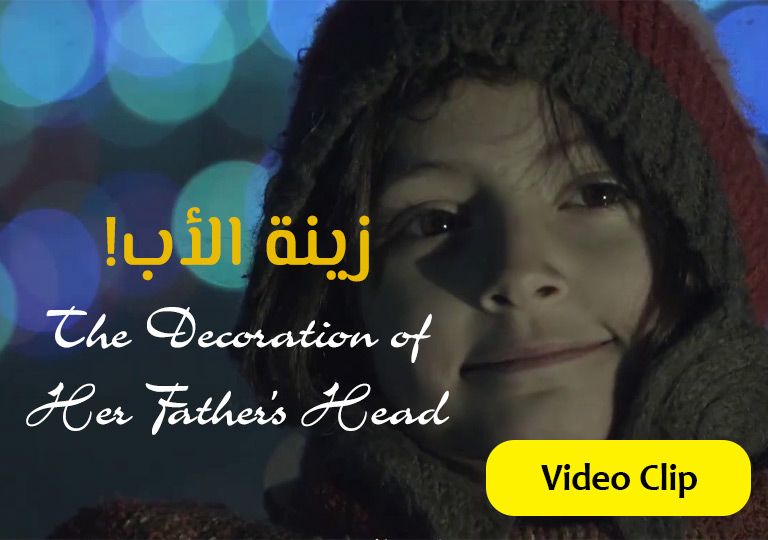
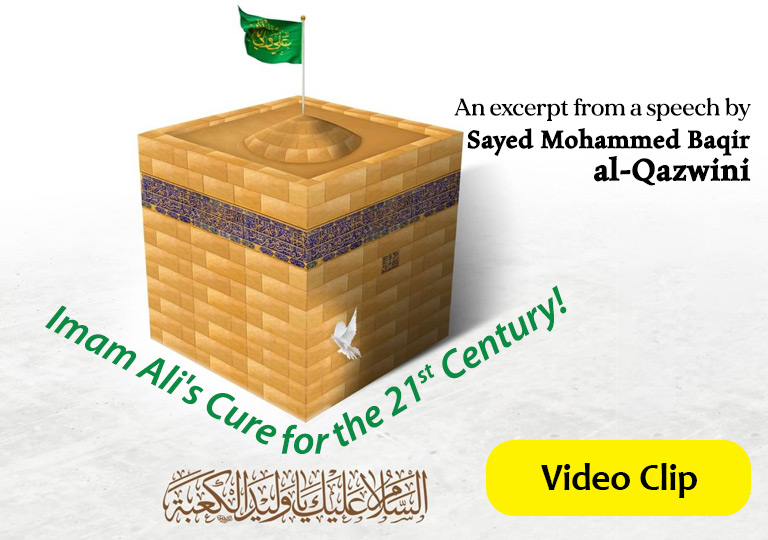
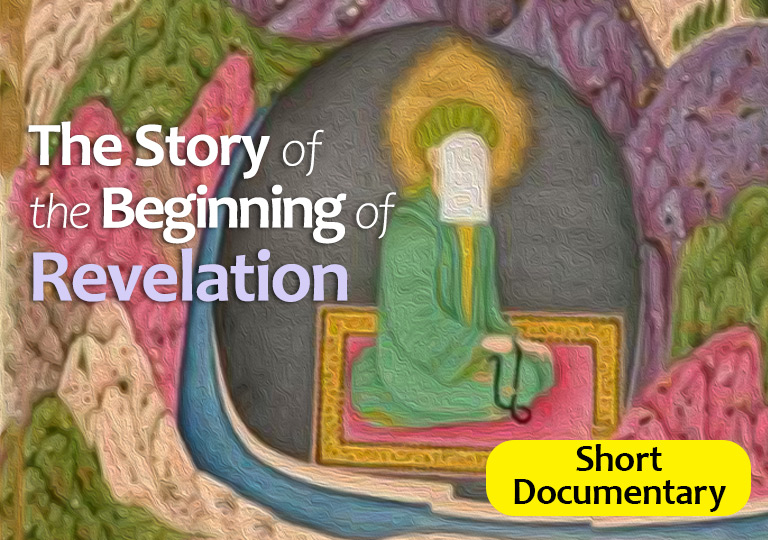
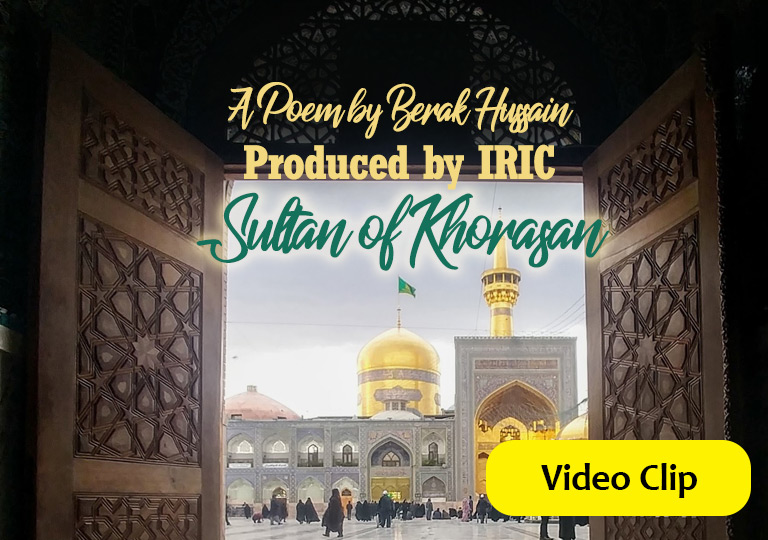
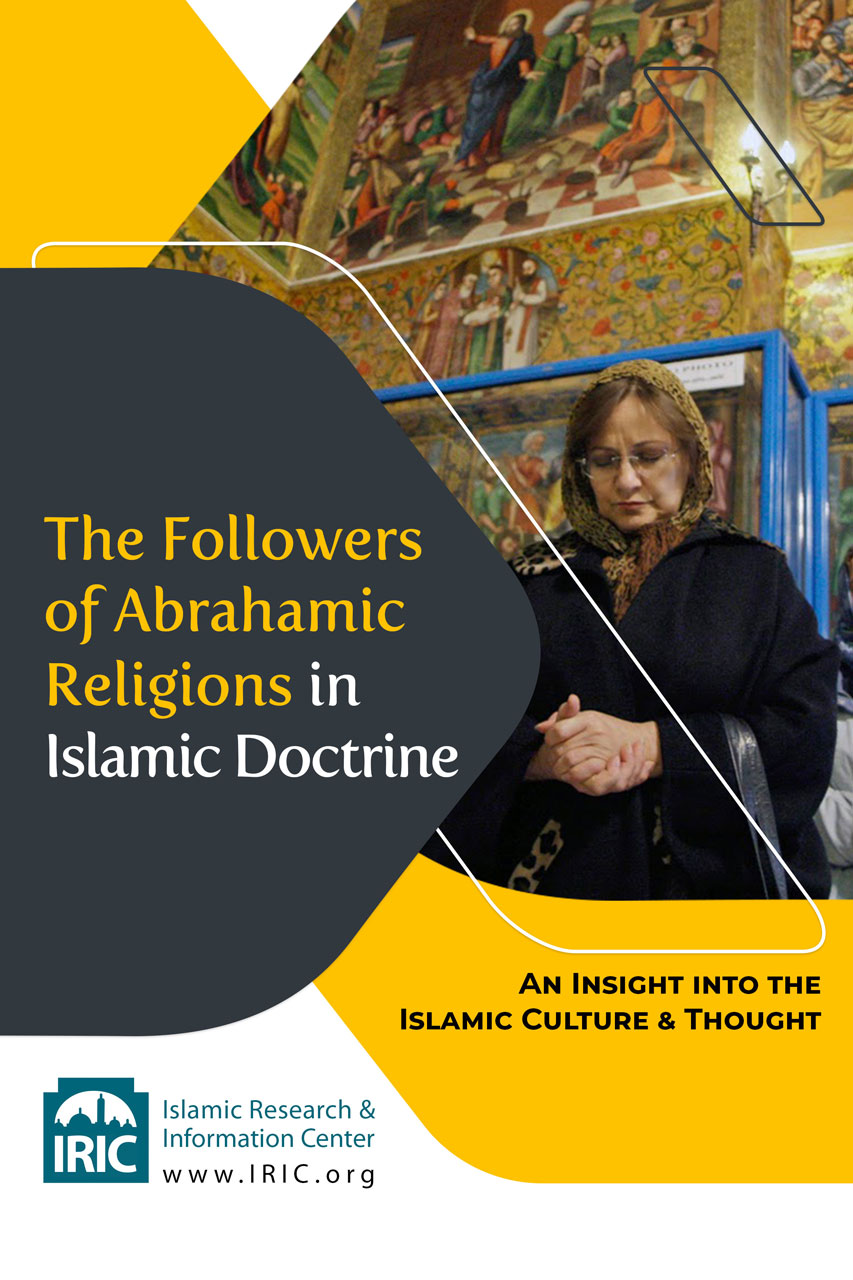

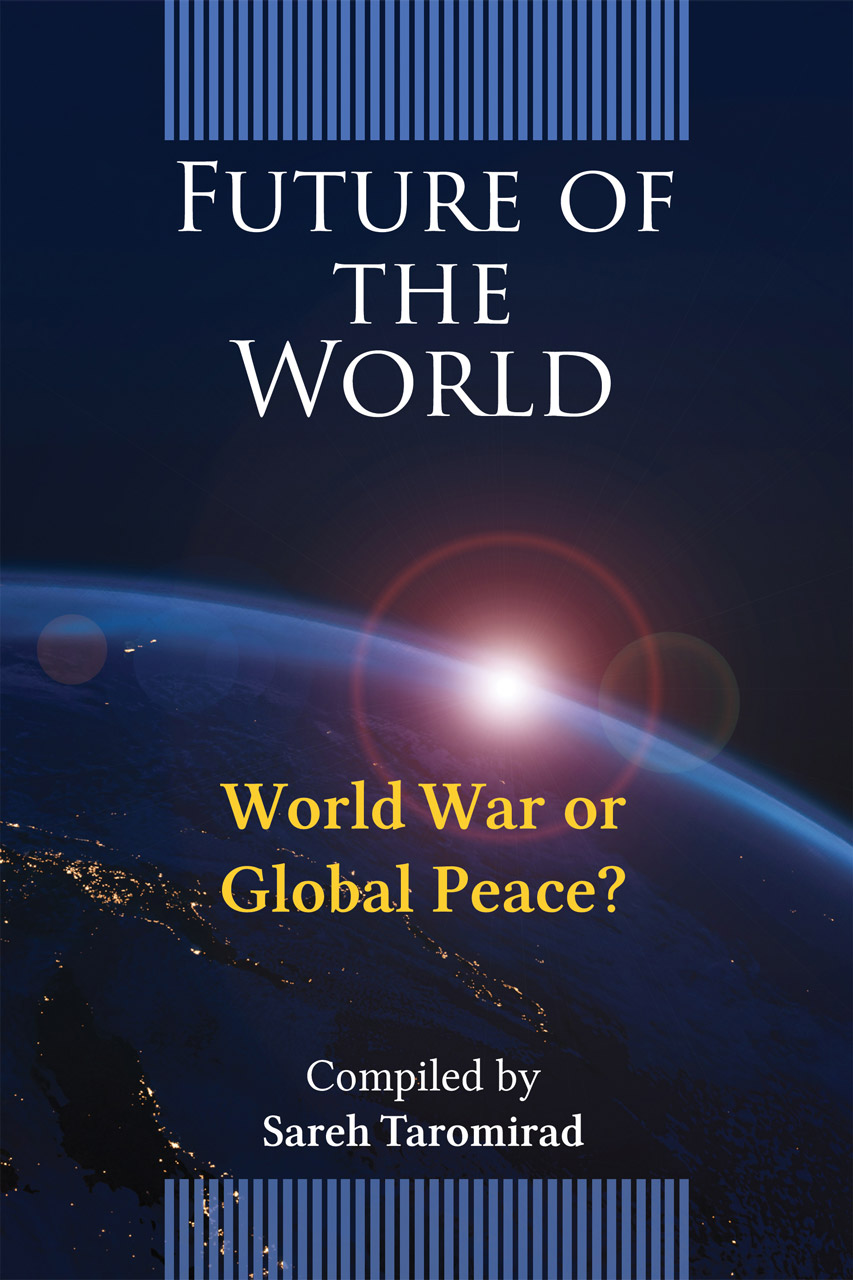
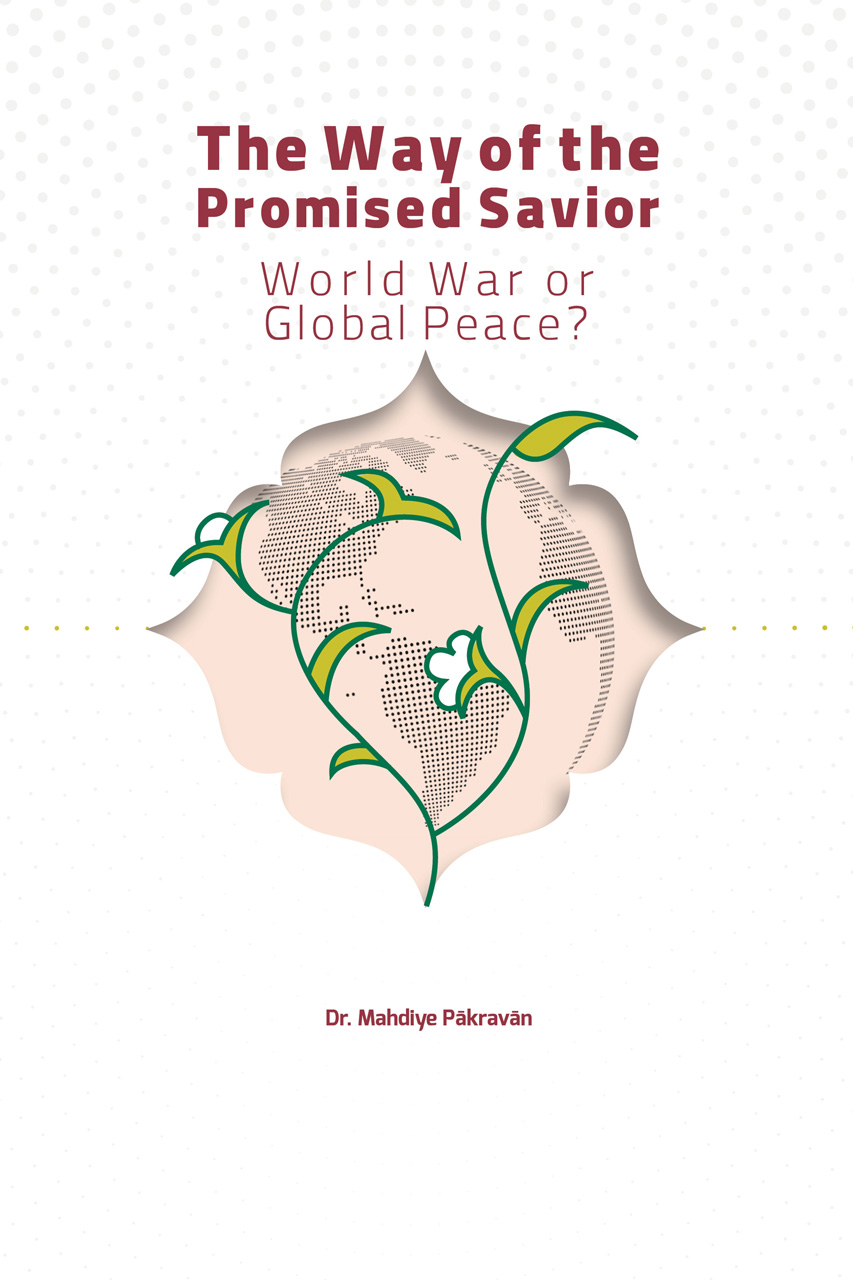
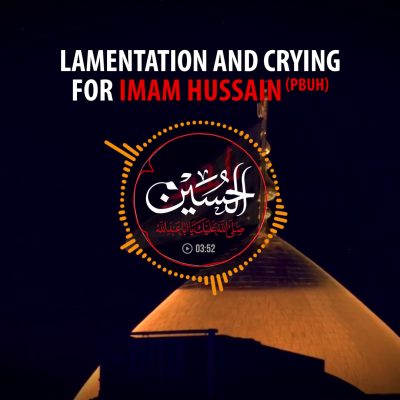
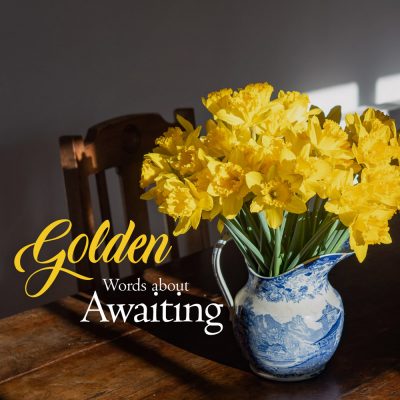
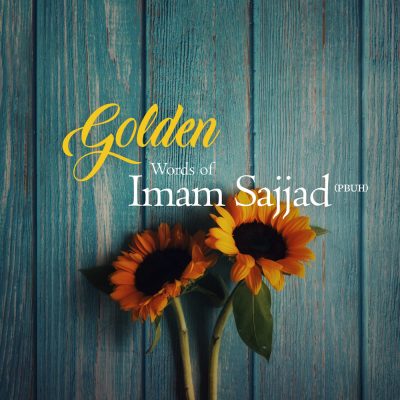
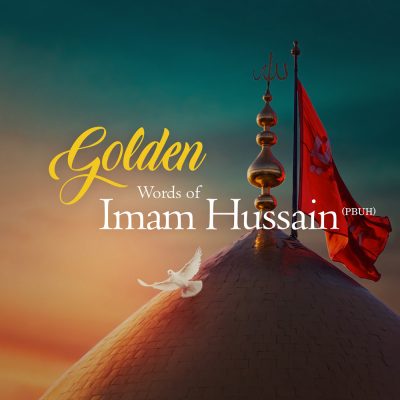
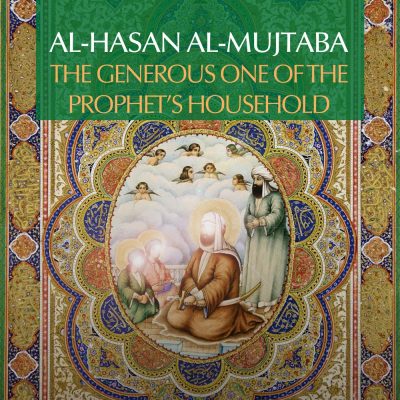
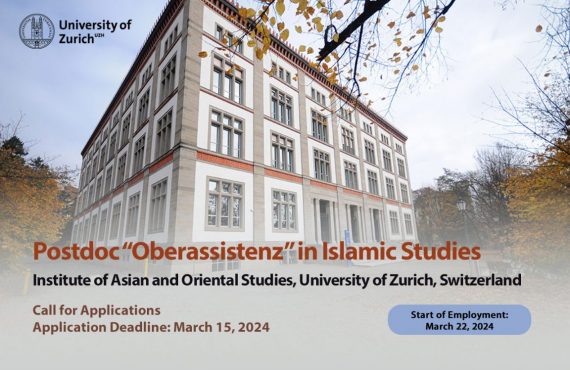
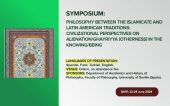
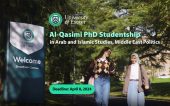
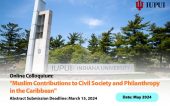








Muslim group calls for Tory inquiry into party’s ‘structural Islamophobia’